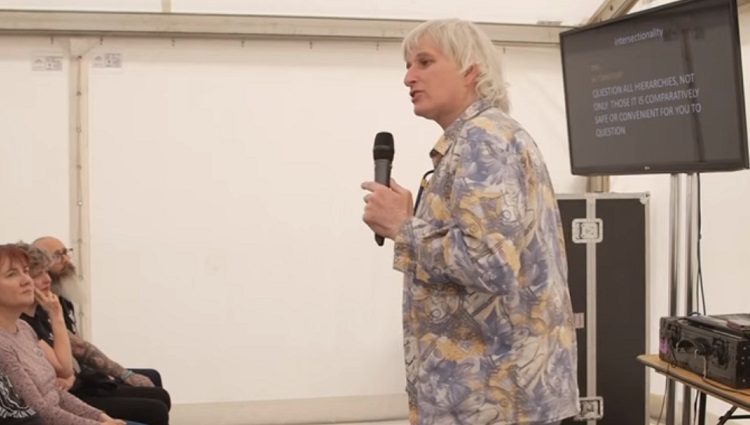Meet the animal rights activists fighting speciesism in Dublin
Animal Rights activism in Dublin is gaining substantial impetus owing to the growing awareness of the vegan lifestyle. With plant-based alternatives to food, personal products and clothing gaining popularity in the market, the animal rights activism has received a significant boost over the last couple of years. The ethical, environmental and health benefits of a vegan lifestyle is permeating the minds of many and this is both bolstering and giving rise to novel forms of activism. From events on the street to protest marches and disruptions, there have been multiple developments in the animal rights activism scene in Dublin.
Roger Yates, a long-term activist, author and Animal Studies scholar, provides a deep insight into the development of the activism scene in Ireland over the last couple of years as opposed to inconsistent and unorganized events prior to that:
“The vegan activist movement has become much more active in the last 5-6 years. Before that, there were infrequent acts of hunt sabotage, single-issue campaigning, and some low-level illegal direct action, with the organising centre very much concentrated around Dublin.”
Yates adds that the movement has expanded its bounds beyond the confines of Dublin alone: “Currently, there are more activities outside of the Dublin area and a diversity of actions and activities with veganism as the moral baseline: vegan education events, disruptions, demonstrations, pickets, vegan fairs, etc.”
Yates’ own activism venture the Vegan Information Project is an event-based attempt which engages directly with the public. The VIP stand is set up on a weekly basis with flyers, pamphlets and virtual reality headsets – all presenting the public with the harsh realities of factory farming and other industries that commodify animals.

Another mode of campaigning that has been becoming widespread is disruptive activism, whereby activists form protest groups in public or organize sit-ins. Historically, disruption has been one of the most popular means of spreading awareness in various social justice movements. Christy Flux, an activist involved in multiple projects including VIP, Anonymous for the Voiceless and the Earthling’s Experience comments on the importance of disruptive activism in a public forum:
“Disruptive activism is vital to social justice movements. As a whole, human beings are disconnected from many issues and won’t look into things if not pressured. Disruptive activism forces people to look into addressing injustices.”
While disruptive activism may be criticised on multiple levels, it is also considered one of the most educative forms of reaching out to the public. Flux’s take on disruption is that it is the most ideal means to an end as long as it is peaceful: “Ultimately change happens through education and direct action is the most efficient way of reaching the masses and convincing them to take something seriously. As long as we remain non-violent and respectful, any form of action can only do good.”
Oftentimes, animal rights activism does not exist in isolation and is intermittently associated with other social movements such as feminism. In addressing the intersectionality of the animal rights activist movement, Eric Hutchinson offers an insight about how speciesism does not exist independent of other forms of oppression: “Speciesism doesn’t exist in a vacuum, it’s attached in seemingly nonsensical and noticeably depraved ways to everything else. We must carefully examine the relations of everyone in the world, and dismantle all that doesn’t make us equal.”
In stressing the importance of intersectional activism in furthering liberation of non-human animals, Hutchinson adds:
“Non-human animals need human allies who understand or who have experienced how oppression operates and translates into the real world, whether through violence, language or oppressive behaviour. Non-humans need humans who can dissect speciesism as well as other forms of oppressive ‘isms’ so that they can better unearth the whole rooted system of supremacy, domination and subjugation of marginalised and oppressed peoples within others and themselves”.
In echoing Hutchinson’s claim, Yates, a pro-intersectional, rights-based activism himself, applauds the momentum of the current movement in Ireland, “from my own perspective, with reference to a rights-based approach, it is gratifying to see a recent explosion of online claims-making that reflect rights-based animal rights thinking and emphasising. For example, the assertions that other animals are rights bearers and that the human use of them are rights violations.”
